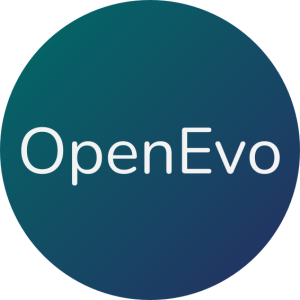Evolution and Sustainability on the Computer
The themes of evolution and sustainability are associated with several learning difficulties, because they are the result of complex interrelationships between organisms and their environments, and evolutionary processes usually take place over larger dimensions of space and time. These processes are far removed from our everyday experience, in which we experience more short-term and direct interactions, and in which we perceive individuals rather than changing populations.
Computer simulations or dynamic models can help to overcome these learning difficulties – similar to telescopes and microscopes, they allow us to see things that are not visible to the “naked eye”. Computer simulations can model processes over larger scales of time and space and are therefore particularly suitable for observing, investigating and understanding ecological relationships, population patterns, and evolutionary processes.
We develop computer simulations around evolution and sustainability with the free modelling software NetLogo, focusing primarily on themes and concepts of evolutionary biology, behavioral ecology and economics, cooperation and sustainable use of resources in socio-ecological systems.
NetLogo was developed by educational scientist Uri Wilensky at the Center For Connected Learning and Computer-Based Modeling, Northwestern University, USA, in the 1990s.
Due to its versatility, the user-friendly environment, the appealing visualizations and the availability of numerous models in the model library and at http://modelingcommons.org/, NetLogo is used in science and social studies education. NetLogo is also used in natural and social science research to better understand processes and relationships in social-ecological systems.
You can download the NetLogo software for free at http://ccl.northwestern.edu/netlogo
-
Here you can ask questions or post comments and feedback related to the NetLogo models and materials in this repository and ways to use them in the classroom.
Note: Guests can not post on forums. Please create an account and then self-enroll in the module in order to post in the forum.
